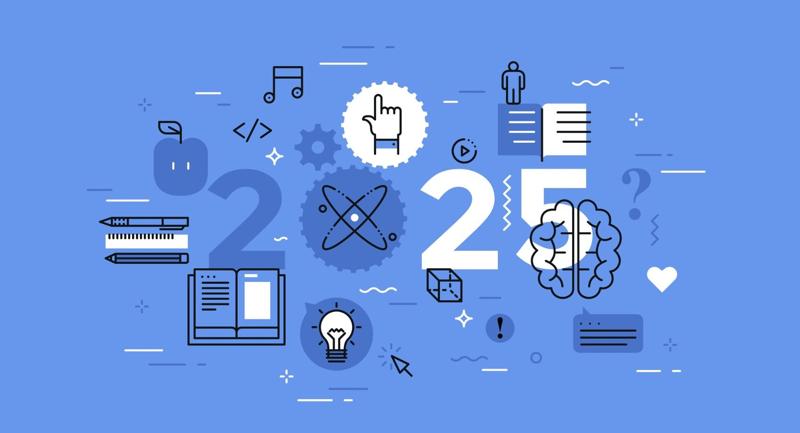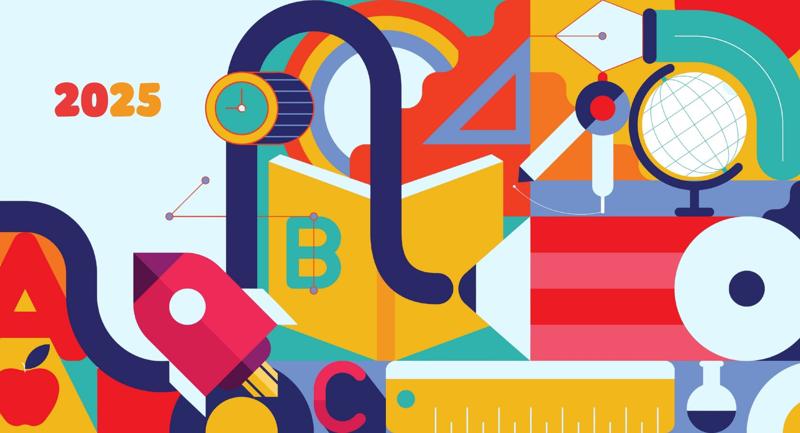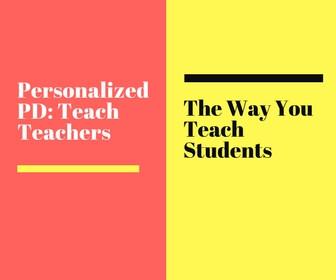Bringing the new generation of teachers on board one of the most generationally diverse work ambits (Breiburd, 2016) and helping them stay and fructify may be easier once you know their mindset. Modifying traditional teacher-training or teacher-development programs in certain strategic aspects such as access to information, collaboration, pacing and career advancement and teaching skills application could prove to be used towards creating Z-inclusive organizations.
If you are in the process of adjusting teacher-preparation or job induction processes in your district or community, you may try the following simple tips that combine “something old, something new, something borrowed, and something ‘true’” for attracting, developing and retaining select Gen Z educators.
Something old (and shared with ancestors)
Gen Zers display respect for and adherence to both conservative and non-traditional values. Along with this line of thought, Gen Z teachers may feel close to their parents and grand-parents’ habits regarding the way they prefer to communicate ‘face-to-face’ at work in an old-fashioned style, or the values they propound such as honesty, loyalty, and achievement. In fact, key statistics in the Global Young People Report determined that 89 % of young people interviewed, admitted their parents influenced their values. Creating frequent opportunities for personal, on-demand feedback, may prove to be very effective with the newcomers.
Something new: Let technology take over with clear limitations
There is no turning back. The new generation of educators also named I-Gen displays a technological mark that is seamlessly integrated into their DNA which has permeated their way of ‘knowing’ since birth. New programs need to contemplate this defining trait in their design. Remember theirs is a digital world where everything known has a digital equivalent, geographic and time boundaries become blurred and apps come to your aid to solve your problems.
For professional training and development, allow for individualized or custom-tailored instruction based on I-Gens’ Internet skills: recommend discussion groups that suit their emerging interests, suggest tutorials on YouTube that help them overcome their weaknesses and provide invitations to join professional communities that may scaffold their learning at their pace. More than PD, make it C2PD: Customized Continuing Professional Development. In other words, set the goals consensually and let Zers choose their way towards jointly agreed aims. And provide constant feedback, either positive or negative but right on the spot.
Also, some soft skills deficiencies may be related to Zers’ sense of horizontal power relations originated in the use of the Internet from an early age and their Gen X progenitors’ parenting style who brought them up using participatory decision making and straightforward communication channels. Prevent Zs from falling into a feasible soft skills gap, by setting specific norms as to what is expected in connection with authority figures and the use of technology in the workplace.
Remember Shaw’s (2013) advice: ‘generational tensions are inevitable; generational problems are preventable’. In particular, train Gen Z teachers to see how hierarchical boundaries and privacy issues should be considered so that bonds with students and other school stakeholders ensure best and most appropriate practices. If possible, use videos or digital documents in the ‘frequently-asked-questions’ format they handle so well in life, for solving their doubts and providing clear guidance.
Something Borrowed (from peers or other work ambits)
Learning about Z’s driving forces for retention and engagement from research in other areas such as marketing and communication in the corporate world may provide useful guidance to overcome sticking points[1] (Shaw, 2013) with the traditionalist educational structure. Use the new understandings creatively and adapt them to the school ambit to tackle communication strategies, organizational diversity and collaboration issues in Z-compatible styles.
Also, help Gen Z teachers themselves ‘borrow good practice’ from fellow teachers by setting up a virtual community of learning (or VLC) for staff, so that Gen Z teachers find fertile ground for interaction as prosumers (producers and consumers of information).
Above all, stay true!
Pragmatic Gen Zers are much better motivated when they face real tasks. Real problem posing and chunking projects in increasing degree of difficulty may help them proceed more smoothly along their formation, internship or induction programs.
When experiences are carefully planned and coached, districts may find in Gen Z teachers-to-be an army of driven and willing-to-take-risks allies, to address shortages in high-need subjects or schools. A system of credits that can be used towards academic qualifications may provide a tangible and realistic source of motivation, especially in residency models. And even better, it may be used as a source to individualized or customized majors.
A generational-friendly conclusion
Novice generation Z teachers display a distinctive collective mindset with a joint worldview and shared traits stemming from earlier life stages that compound the analysis and emphasize their uniqueness. Generational explanations may provide managers and administrators with a sound understanding and useful strategies such as resorting to “something old, something new, something borrowed, and something ‘true’” to create win-win outcomes that may benefit their communities as a generationally diverse whole.








